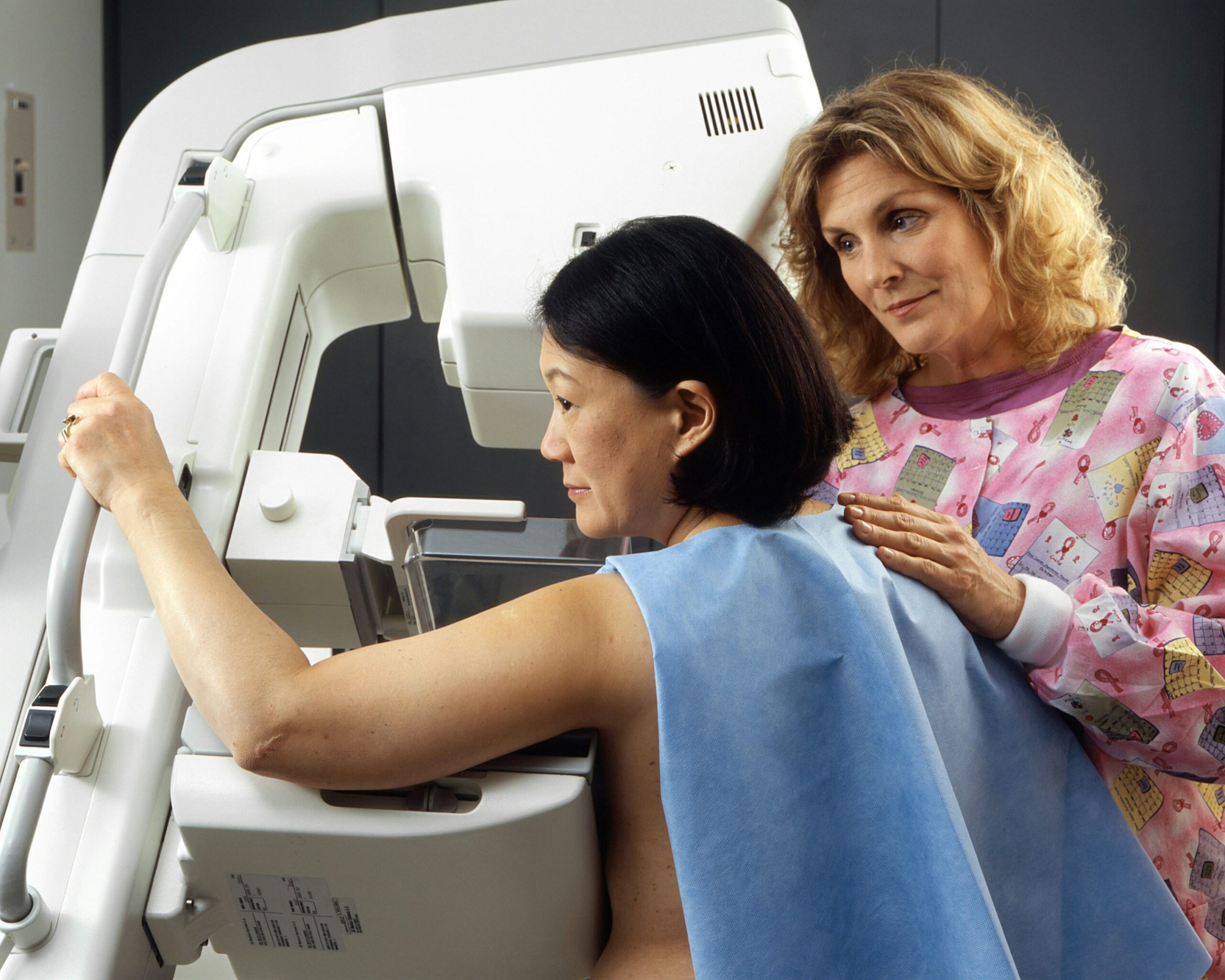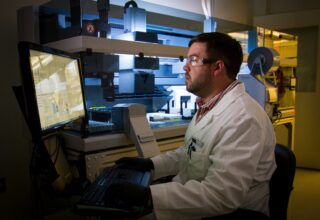By becoming a member of our site, you can add the content you like to your favorites, and present the content you have produced or liked on the internet to our site visitors with the send content option.
Zaten bir üyeliğiniz mevcut mu ? Giriş yapın
By becoming a member of our site, you can add the content you like to your favorites, and present the content you have produced or liked on the internet to our site visitors with the send content option.
You Can Benefit from All Options Exclusive to Our Members by Registering
Next Content:
Lunar Colonization: Establishing a Human Presence on the Moon
- Home Page
- #AIandDiagnosis
- Artificial Intelligence in Healthcare: Transforming Diagnosis and Treatment
Artificial Intelligence in Healthcare: Transforming Diagnosis and Treatment

In recent years, the healthcare industry has witnessed a remarkable transformation with the integration of artificial intelligence (AI) technologies. AI has the potential to revolutionize various aspects of healthcare, including diagnosis and treatment. By harnessing the power of AI, healthcare professionals can access and analyze vast amounts of patient data, enabling them to make more accurate and informed decisions. In this article, we will delve into the transformative role of AI in healthcare, specifically focusing on its impact on diagnosis and treatment.
AI-Enabled Diagnostics:
One of the areas where AI has made significant advancements is in diagnostics. Traditionally, diagnosing complex diseases has heavily relied on the expertise of healthcare professionals, which can be prone to human errors or delays. AI algorithms have the capability to process and analyze enormous volumes of patient data, such as medical records, imaging scans, and genetic information. By leveraging machine learning algorithms, AI systems can learn from historical data and identify subtle patterns that might be missed by human observers. This enhanced diagnostic capacity has led to earlier and more accurate detection of diseases, including cancer, cardiovascular disorders, and neurological conditions. AI-powered diagnostic tools can assist healthcare professionals in making more precise diagnoses, thereby improving patient outcomes.
Precision Medicine and Treatment:
Another significant impact of AI in healthcare is in the realm of precision medicine. Traditional treatment approaches have often followed a one-size-fits-all model, which may not take into account the unique characteristics of individual patients. However, AI technologies have the potential to revolutionize this paradigm by enabling personalized treatment plans based on a patient’s genetic makeup, medical history, lifestyle factors, and other relevant data. Machine learning algorithms can analyze vast datasets to identify patterns and correlations, providing valuable insights into optimal treatment options for specific patient populations. This approach allows for tailored interventions, minimizing adverse effects and maximizing the effectiveness of treatments. AI-based precision medicine has the potential to usher in a new era of healthcare, where treatments are tailored to individual patients, leading to better outcomes and improved quality of life.
Enhancing Healthcare Efficiency:
In addition to transforming diagnosis and treatment, AI has the capacity to enhance the overall efficiency of healthcare systems. AI-powered tools can automate routine administrative tasks, freeing up valuable time for healthcare professionals to focus on direct patient care. Virtual assistants and chatbots equipped with AI can provide patients with instant support and guidance, improving access to healthcare information and services. AI algorithms can also analyze data from various sources, such as electronic health records and clinical trials, to identify trends, optimize workflows, and enhance resource allocation. By streamlining processes and reducing unnecessary costs, AI has the potential to make healthcare more accessible, affordable, and patient-centered.
Challenges and Future Directions:
While AI holds immense promise in transforming healthcare, it also poses certain challenges. Privacy and security concerns surrounding patient data must be addressed to ensure ethical and responsible AI implementation. Additionally, integrating AI technologies into existing healthcare systems requires significant infrastructure investments and changes in organizational workflows. Collaboration between AI experts, healthcare professionals, and policymakers is crucial to overcome these challenges and realize the full potential of AI in healthcare.
Artificial intelligence is revolutionizing healthcare by transforming the way diagnosis and treatment are approached. Through AI-enabled diagnostics, healthcare professionals can make more accurate and timely diagnoses, leading to improved patient outcomes. Precision medicine, powered by AI, enables personalized treatment plans tailored to individual patients, enhancing the effectiveness and minimizing adverse effects. Furthermore, AI enhances healthcare efficiency by automating administrative tasks, improving access to healthcare information, and optimizing resource allocation. While challenges exist, the integration of AI in healthcare holds immense promise for a future
This article explores the use and impact of artificial intelligence technologies in the healthcare sector. Under the title “Artificial Intelligence in Healthcare: Transforming Diagnosis and Treatment,” we delve into how AI is revolutionizing the processes of diagnosis and treatment. Within the article, you will find information about the effects of AI on diagnosis and treatment, personalized medicine, healthcare efficiency, and future trends. This article can serve as a valuable resource for healthcare professionals, patients, and anyone interested in health technology.
- On-Site Comments






















